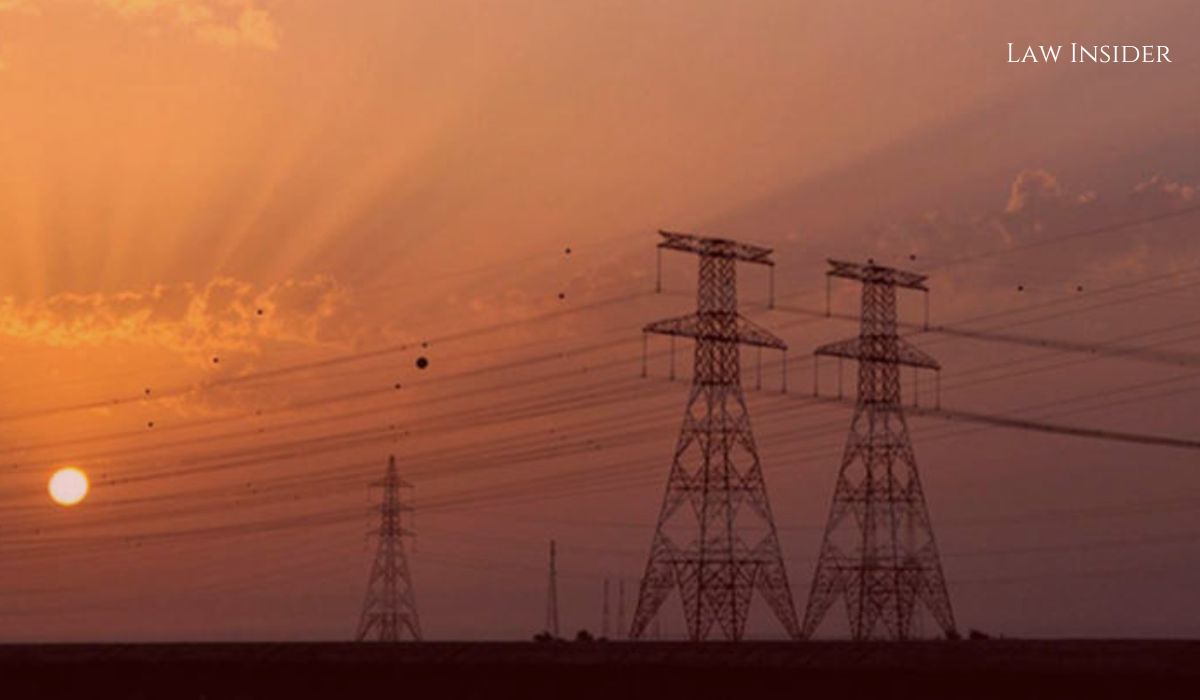Savvy Thakur
Published on: October 20, 2022 at 23:14 IST
The Supreme Court ruled that electricity regulator DERC cannot revise or redetermine the already fixed power tariff for discoms during the “truing up” or “prudence check” exercise, granting relief to the Anil Ambani-led BSES Yamuna Power and BSES Rajdhani Power.
The DERC cannot use the “truing up” stage as an opportunity to reevaluate the fundamental assumptions, issues, and principles underlying the licensee’s initial revenue projections.
A bench of Justices SA Nazeer and Krishna Murari ruled in favor of private telecoms, stating that the “trueup” exercise “cannot be done to retrospectively change the methodology/principles of tariff determination and reopening the original tariff determination order thereby setting the tariff determination process to naught at “trueup stage.”
“Revision or redetermination of the tariff already determined by the DERC on the pretext of prudence check and truing up would amount to amendment of tariff order, which is not permissible in law,” the Supreme Court stated.
The ruling that was handed down by the Supreme Court concerned a change in the method that was used to calculate aggregate technical and commercial (AT&C) losses and depreciation, the exclusion of salary for the Fundamental Rules and Supplementary Rules (FR/SR) structure, the exclusion of interest on consumer security deposits held by Delhi Power Corporation Ltd., the exclusion of fringe benefit tax, and a decrease in the number of Million Units (MUs) that were used in relation to the Enforcement sale in order to calculate AT& C Loss.
BSES companies argued that the regulator cannot “change the rules of the game after it has begun” in the “truing up exercise” and cannot amend a tariff order under the guise of truing up, despite the fact that the Aptel’s findings were in violation of the binding DERC Tariff Regulations.
They claimed that the DERC’s ARR did not even come close to covering the actual cost of purchasing power, resulting in a significant revenue gap since privatization.
DERC had refused to periodically raise the tariff rate, repeatedly disregarding both its own statutory guidance and its own statutory regulations.
Senior counsel Arvind Datar and Dhruv Mehta argued on behalf of the discoms that the DERC’s actions have led to a situation in which the discoms are deeply indebted and have been forced to borrow or take loans to fund their day-to-day operations.
These loans have also dried up, leaving the discoms without sufficient funds to pay their suppliers.
Senior counsel Nikhil Nayyar for DERC, in opposition to their arguments, argued that the process of “truing up” is one aspect of the tariff determination process.
The subsequent tariff order is issued following the financial year in accordance with the “truing up” exercise because the DERC prepares the initial tariff order based on the discoms’ projections.
“The process of ‘truing up’ requires the DERC to carry out a prudence check. A prudence check is not a mere accounting or mathematical exercise. A prudence check requires a scrutiny of reasonableness of the expenditure incurred or proposed to be incurred by the Discoms and also such other factors that the DERC considers appropriate for determination of tariff.”

